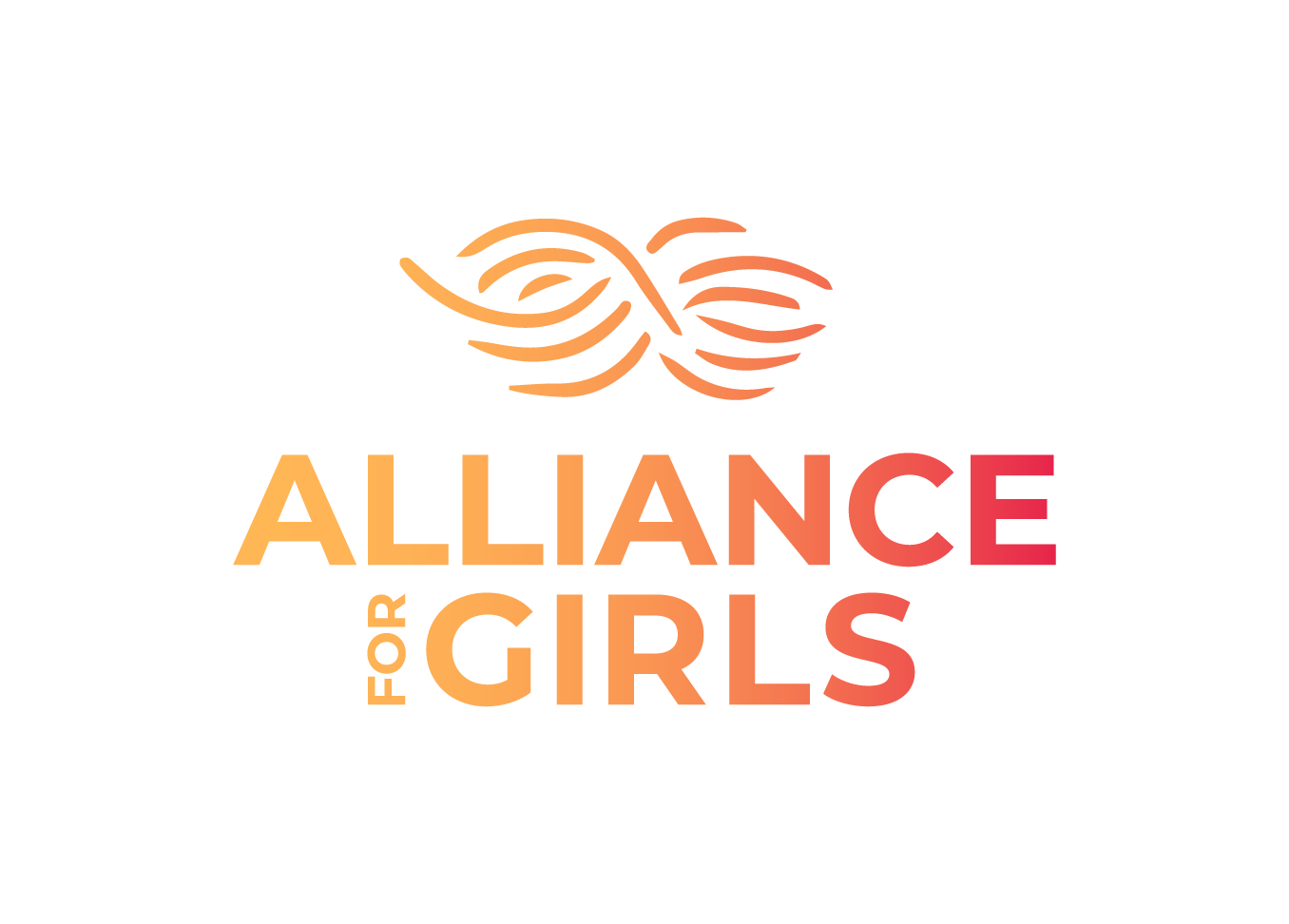Bay Area Girls Lead Campaign Against Sexual Harassment on Public Transit
Bloomberg CityLab covered Alliance for Girls' Not One More Girl campaign, which combats sexual harassment and gender-based violence against girls on public transit.
For Uche Esomonu, public transit has always been a lifeline. Since she doesn’t drive, the 20-year-old Sacramento resident uses it to get to job interviews, work and school, to see family, and to buy products to do her hair. But the mode of transportation can also be laced with fear — a prevalent experience for Esomonu when she rode the Bay Area Rapid Transit system while attending college in the region’s eastern suburbs.
“I always found that I couldn’t use BART at night because I was always scared, and if I had to ever use it night I was always on edge,” she said. “I never liked entering in during rush hour because I didn't want to squeeze with people, because I always thought I would get groped.”
Esomonu is part of a group of young people of color who are leading a campaign to combat sexual harassment and gender-based violence against girls on the Bay Area’s five-county, 50-station regional rail transit network. The campaign, which launched on Friday, is the result of a partnership between BART and the Alliance for Girls, a Bay Area nonprofit that serves as a resource hub and advocacy arm for girls’ organizations, as well as Betti Ono, a Black women-led arts organization based in Oakland; Black Girls Brilliance, an organization that works with Black middle schoolers in the U.S. and South Africa; and the Latinx Mentorship and Achievement Program for the Unity Council, a nonprofit that does community development in Oakland’s Fruitvale neighborhood.
“It’s a long-term, institutional commitment to embrace the voices of young women and young women of color, so that they are centered in our system,” said Lateefah Simon, a member of the BART board of directors and a civil rights advocate. “What’s important is that if girls are safe, if queer kids are safe, if little Black girls are safe, everyone benefits.”
On Friday, BART’s trains and stations began to be transformed by 300 posters designed by Nisha Sethi, an artist who works out of Betti Ono, with messages meant to combat harassment. The campaign also extends to BART’s policies and procedures, with the agency adding the option to report sexual harassment through its BART Watch reporting app and releasing a bystander intervention training video on its website. On April 8, the board of directors will request to involve paid youth leaders in the hiring process for dozens of transit ambassadors and crisis intervention specialists, who BART plans to employ as a non-police public safety presence. There are also plans to change the systemwide customer code of conduct to reflect a ban on sexual harassment, said Alicia Trost, the agency’s chief communications officer.
